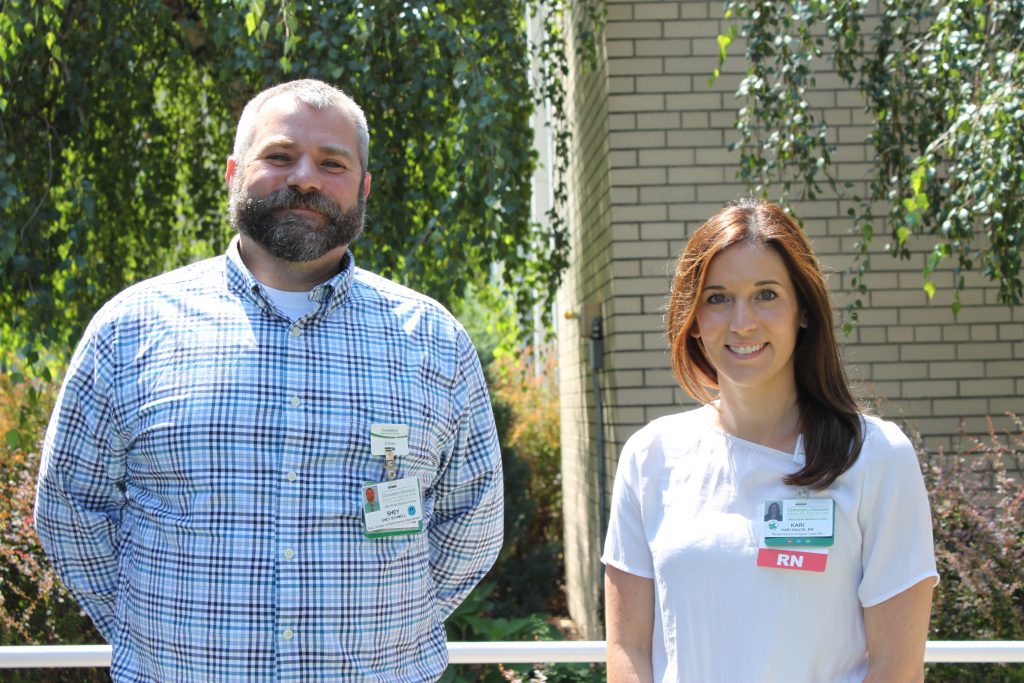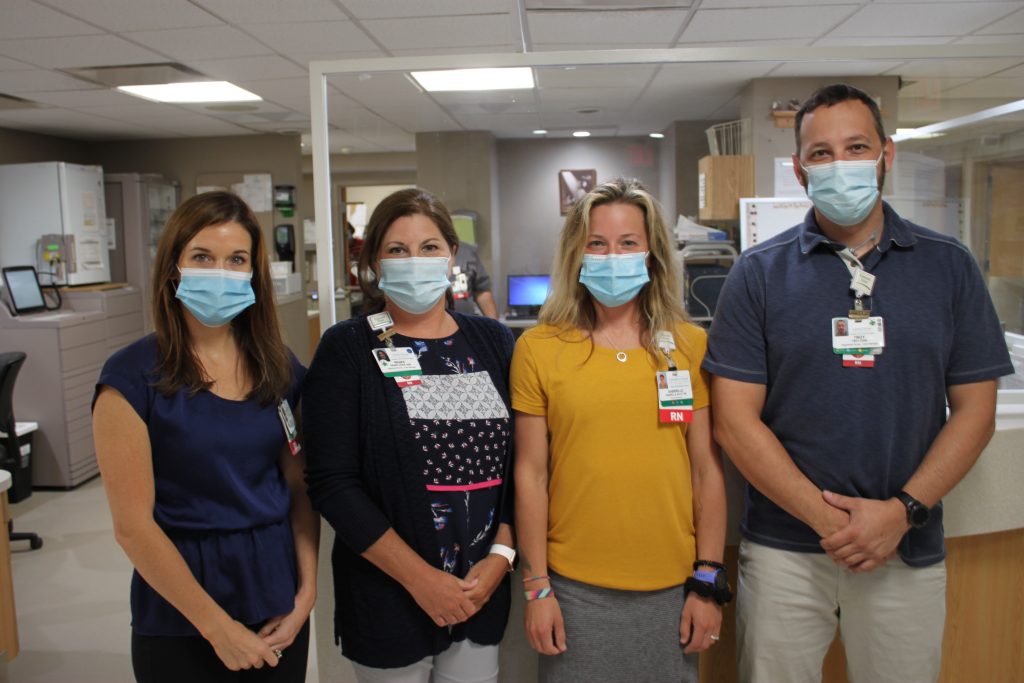Grantee Spotlights | July 28, 2021
Alice Hyde Medical Center Spotlight
Tailoring to the Needs of Rural Communities Across Northern New York
For decades, hospital readmission rates have been used as a benchmark for health systems and a measure of available health services. Simply put: communities that lack appropriate health and community resources have higher rates of readmission — a reality many older adults in northern New York state face.
As an especially vulnerable patient population, low-income older adults living in North Country are at high risk of hospital readmission, a likelihood often exacerbated by a number of health and socioeconomic circumstances like age, gender, location, and marital status.

Recognizing the pervasiveness of this issue’s immense impact in Franklin County during a year when the pandemic made in-person hospitals more difficult to navigate than ever, Alice Hyde Medical Center (Alice Hyde) launched a new readmissions prevention initiative with the help of a $100,000 grant from the Foundation. Since its founding in 1913, Alice Hyde has offered community-focused healthcare services, tailoring to the needs of rural communities across northern New York.
The new initiative will provide enhanced access to education and counseling, resources to manage health, food/meal delivery, and case management services, with a goal of reducing readmission rates at the hospital. Alice Hyde is also providing additional support for patients who suffer from some common chronic conditions and is expanding the scope of the program on a quarterly basis, as additional needs in the community are identified.

The grant will support Alice Hyde in its mission to reach nearly 350 underserved individuals from its surrounding rural community and aim to reduce readmission rates of congestive heart failure, Chronic Obstructive Pulmonary Disease (COPD), and diabetes patients by 10%.
As New York emerges from a public health crisis that tested the resilience of our communities in so many ways, it is clear that vulnerable older patients need access to enhanced, comprehensive care that both lowers hospital readmission rates and promotes overall community well-being.
